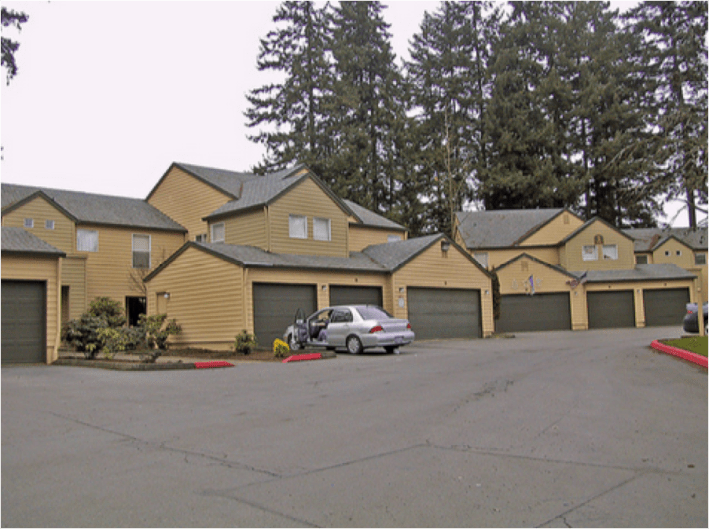
Buried under headlines about Seattle Mayor Ed Murray’s plans to battle “economic apartheid” are little-noticed reforms that would reduce or do away with parking quotas that inflate the cost of housing.
Murray’s Housing Affordability and Livability Agenda (HALA) Committee released its recommendations yesterday. Noting that about "65 percent of Seattle’s land -- not just its residential land but all its land -- is zoned single family, severely constraining how much the City can increase housing supply," the report calls for raising height limits in six percent of that area. The rest of the city currently zoned for single family would get “small tweaks” like allowances for mother-in-law units and duplexes to increase the housing supply within existing height limits.
Seeking to make more productive use of available land -- even the land zoned for lower densities -- HALA also recommends a number of reforms to parking mandates that “act as density limits” and “inflate the average size and price of housing units.”
Here are some of the major changes to off-street and on-street parking policy in the report:
- Reducing minimum parking requirements for multifamily housing, especially when that housing is served by frequent transit or is in a walkable neighborhood. Much valuable land in Seattle is eaten up by unused parking spaces because of excessive quotas.
- Maintaining the current ban on parking minimums in Urban Villages and Centers.
- Removing the parking requirement for single-family homes. At least, the committee asks the city to "consider" it. After all, the report explains, “A 1:1 parking requirement eliminates exactly as many on-street spaces as it mandates off the street, causing no increase in parking supply, bisecting sidewalks with countless driveways, and uses buildable housing space for redundant (and expensive) parking.”
- Eliminating parking minimums for the “smaller format housing types” that will now be allowed in single-family areas (backyard cottages, duplexes, etc.)
- Charging more for on-street parking (with revenues going back to the neighborhood) and limiting the supply of on-street parking permits.
You may recognize many of these recommendations, and the thinking behind them, if you read the “Parking? Lots!” series in 2013 by Sightline Institute’s Alan Durning. Durning served on the HALA committee, expecting to be disappointed in the outcome. He was pleasantly surprised with what the 28-member group was able to hammer out, saying the plan “stands a better chance of working, economically and politically, than anything I expected to emerge from our deliberations; it could prove a breakthrough in the quest for equitable, climate-friendly cities.”
Now it's up to the City Council to act on HALA's recommendations.





